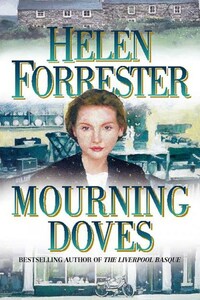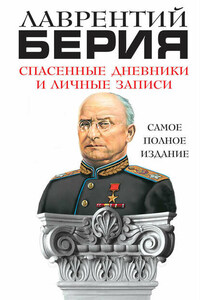The cenotaph stood on its great concrete plinth at the top of Grange Hill. To reach it meant a long climb for aged veterans and decrepit widows. Nevertheless, in this fiftieth anniversary year, a larger number than usual had turned out for the Remembrance Day service. Now the last wreath had been laid, and the parade had been formed up and was marching slowly down to the village.
As the voices faded away, Celia sat in her wheelchair, waiting with Rosemary, her West Indian carer, and her godson, Flight Lieutenant Timothy George Woodcock, DFC, until the narrow path down to the road was clear of people, and the wheelchair could be manoeuvred down.
Coming straight off the distant snow-topped mountains of North Wales and the estuary of the River Dee, the wind was cold, and, despite the blanket Rosemary had tucked round her, Celia was shivering.
She did not weep. Crying never helped anybody, she would say tartly. She had, however, a keen sense of inward loneliness, and she remembered suddenly her sister, Edna, friend and partner in so much of her life – ever since 1920.
What a year that had been. A year of final realisation that the men killed in the First World War would never come back, and neither would the safe, predictable life of 1914. Millions of ignorant, untrained women had had to remake their lives and find work to maintain themselves. I was one of them, considered Celia, as she sat patiently in her wheelchair and looked out across the misty landscape of the Wirral. And I suppose that, in some ways, I was lucky.
She was, she knew, the oldest person to attend the service, one hundred years next week; and she was probably the only person in the district with truly clear memories of the First World War, of life before it began and of its aftermath.
Her luck had not held. The names of five members of her family were listed on the cenotaph, and every year she made the effort to come to lay a family wreath, gorgeous with huge plastic poppies and black satin ribbons, at the foot of the memorial. From the wreath dangled an old-fashioned black-edged card, which said,
IN TENDER MEMORY OF MY SONS, PETER, PAUL AND BERTRAM TREMAINE, KILLED IN ACTION IN WORLD WAR II, AND OF MY GRANDSONS, MICHAEL AND DAVID TREMAINE, LIKEWISE KILLED IN ACTION IN THE FALKLANDS WAR. NEVER FORGOTTEN.
As they waited, Timothy George also felt the cold and longed for a warm fire and a whisky and soda. A pity Bertram’s wife could not be here, he thought; but, after her sons, Michael and David, had been killed, there was nothing to keep her in the Wirral, and she had gone south to live with her own mother in Devon.
Celia had remained, alone, in the red-brick Edwardian house which she and Alec had bought on their marriage.
It was strange to realise, Timothy ruminated, that, to most of the parishioners, both the First and the Second World Wars were forgotten wars, forgotten sacrifices. Except in special anniversary years such as this one, the crowds around the cenotaph grew smaller each year.
The flight lieutenant sighed. He supposed that Celia and he were, by now, simply walking history, not that Celia could walk very far; she was quite frail. This would probably be the last Poppy Day for her – and probably the last for many of the men like himself, some in uniform and some in shabby macintoshes, all with glittering collections of medals pinned to their breasts – and for the pitiful little bunch of widows and elderly spinsters, each with a red poppy in her buttonhole.
As he had glanced at the huddled old women, he had felt uneasily that even today there were some elderly women who were still not very good at managing life alone.
Their husbands, sons and lovers had died in the Second World War. Theirs was the second generation of women to be widowed by war or left without hope of marriage.
His own brother’s name and also the names of Celia’s brothers were on the Roll of Honour in the glass case on the cenotaph in Liverpool Cathedral. His brother, Eric, had been shot down by a sniper in Normandy during the Second World War, leaving a pregnant wife. His little nephew, he considered, had been fortunate to have been brought up by a kindly stepfather, considerably younger than his mother.














